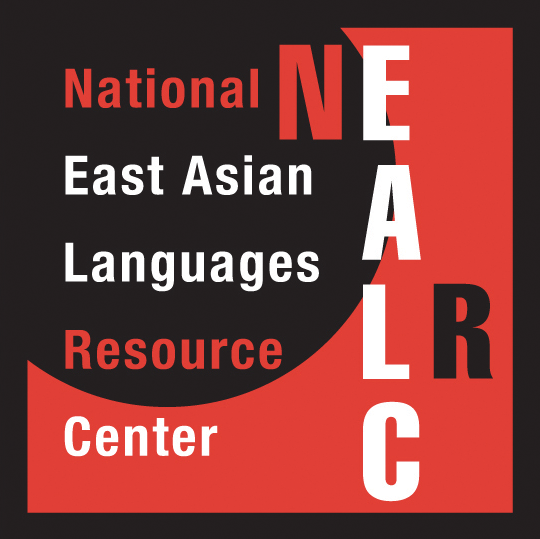Abby is a new ALT in the Japanese English Teaching (JET) Program. She became a JET because it gave her a chance to live in a different country, while having a paid job. She is a Canadian from Toronto, with no prior Japan-related experience, but she is intrigued by Japan. She is assigned to a Junior High School in a town in Nagano Prefecture, a rural, mountainous prefecture, known as the “backbone of Japan”.
The ALT’s initial situation is ambiguous. Yet this ambiguity is seen differently by the ALT and teachers. For an ALT like Abby the ambiguity is all about the job: her role in teaching English seems unclear. For the teachers the ambiguity is all about uchi / soto. Will the ALT remain a soto person throughout her contract period? Or will she move closer to uchi?
Abby: Points to Take Away—for ALTs and other newcomers:
Abby was able to overcome her initial Catch-22 situation by moving off her entry point (and out from under her “wrapping”). She managed this by doing exactly what Carlos did in the dorm: by ”following” her team teacher (JTE) and going along with his expectations initially in the classroom, and by participating as fully as possible in her school community.
For the ALT “timing is everything”. Newcomers must resist the urge to try to resolve the ambiguity of their entry points—which they view as their classroom roles—by starting out to refashion these roles right away. While the initial classroom role is often not to your liking (because it doesn’t fit well with native speakers’ perspectives of English teaching) you need to reset your focus to realize that the real issue here is not your classroom role, but your entry point (on which your classroom role is based). If you can manage to be patient, and pay attention to your entry point—and moving off of it, along the pathway toward uchi—you will be able to refashion your classroom role, and gain the support of your JTE and colleagues. The sticky issue here (and the Catch-22) is that in order to manage your shift off the entry point, you also have to manage a shift from your initial perspective, which focuses on “my job” —and ‘I’—to grasp the perspective of the school teachers above—who see the ALT as a part of their school ‘uchi’. Here again, the transition from the entry point is from ‘I’ to ‘uchi’; and this is accomplished by the cultural child (the ALT at entry point) growing up into adulthood (the ALT who participates as an adult in her school community). Further crucial points for ALTS and others include:
- The Catch-22 nature of the ALT entry point makes it especially important for ALTs to learn some spoken Japanese through a culturally-sensitive approach before they arrive on the job. It is very helpful for you to understand the cultural basis of Japanese, especially how uchi functions (in lieu of ‘I’) in this language, and how one interacts in using this language. Japanese teaching materials which use this approach are listed in the references.
- Notice the basic similarities of the ALT’s entry situation to the opening homestay case of Peter and the Sasaki family (Modules 2.1; 3.1). However, Peter remains at his entry point as a wrapped ‘I’, unaware of his family’s uchi; and the gulf between their perspectives. An ALT too can remain largely at the entry point, largely wrapped, and still consider his or her stay in Japan worthwhile. But as in the Peter case, something is missing: this ALT remains unaware of another side of the school—as uchi—and of participating as a member of that uchi community. Crossing this gulf means shifting from tatemae to honne; and from ‘I’ to ‘uchi’. It may not be easy—but understanding the “inside” (including honne and ura) perspectives, as a person who has established “inside” relationships—expands your horizons enormously, and brings huge rewards. The goal of this site is to guide you across this gulf.
- The ALT pathway also makes a good introduction to uchi for the other newcomers. Once the ALT begins to grasp the existence of uchi, and to shift off the entry point ‘I’, the school community responds. While the reward for Carlos’ reaching uchi was a set of friends for life, the ALT can end up with a wide set of ties, including those with colleagues (outside as well as inside the English Dept) staff personnel, who can be very helpful in getting one through bureaucratic hurdles; and students whose growth—even if this is other than in English per se—is very rewarding. Just as the goal in Carlos’ dorm was for members to try to help make the dorm a better place; in the school as well, the ALT can try to make the school a better place during, even in small ways, during her time there.














